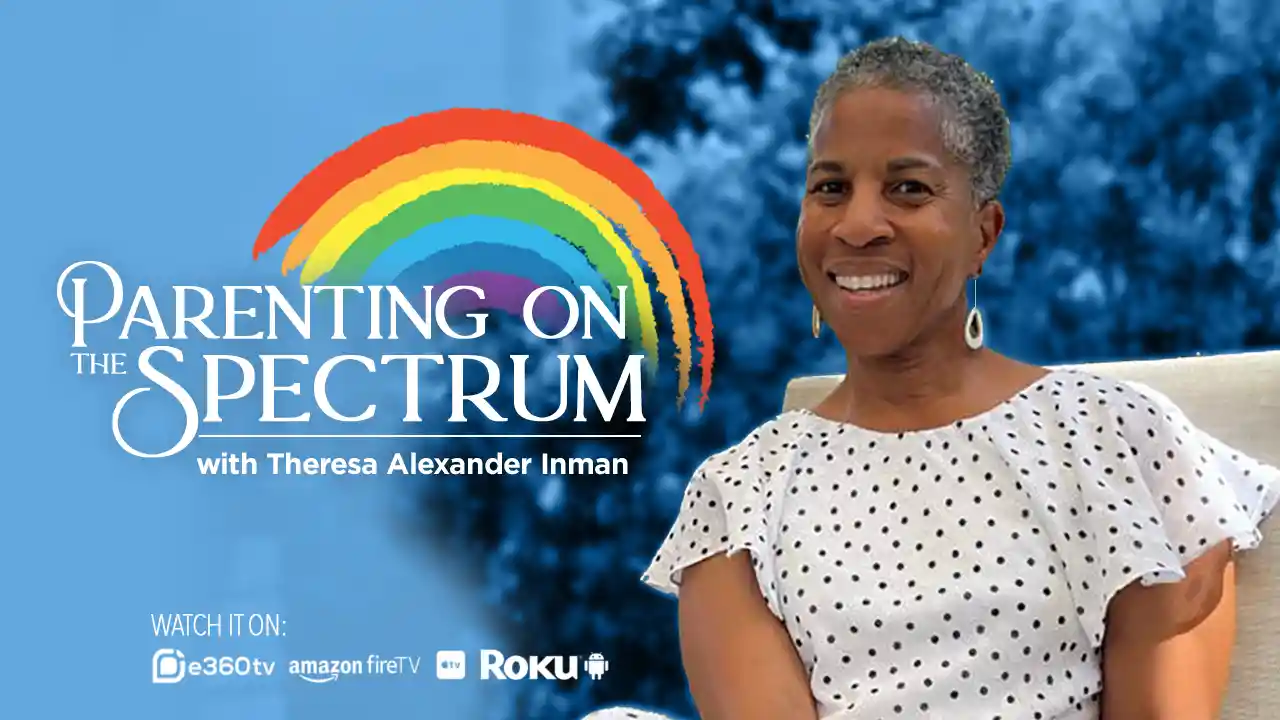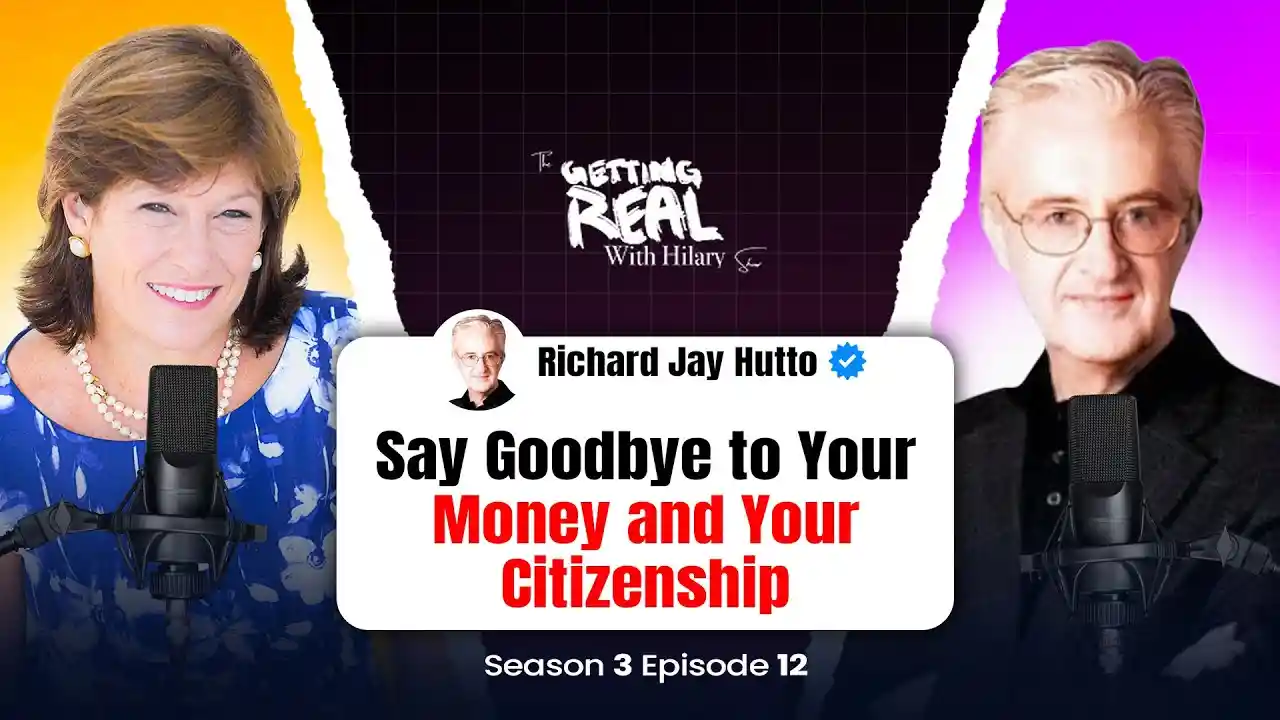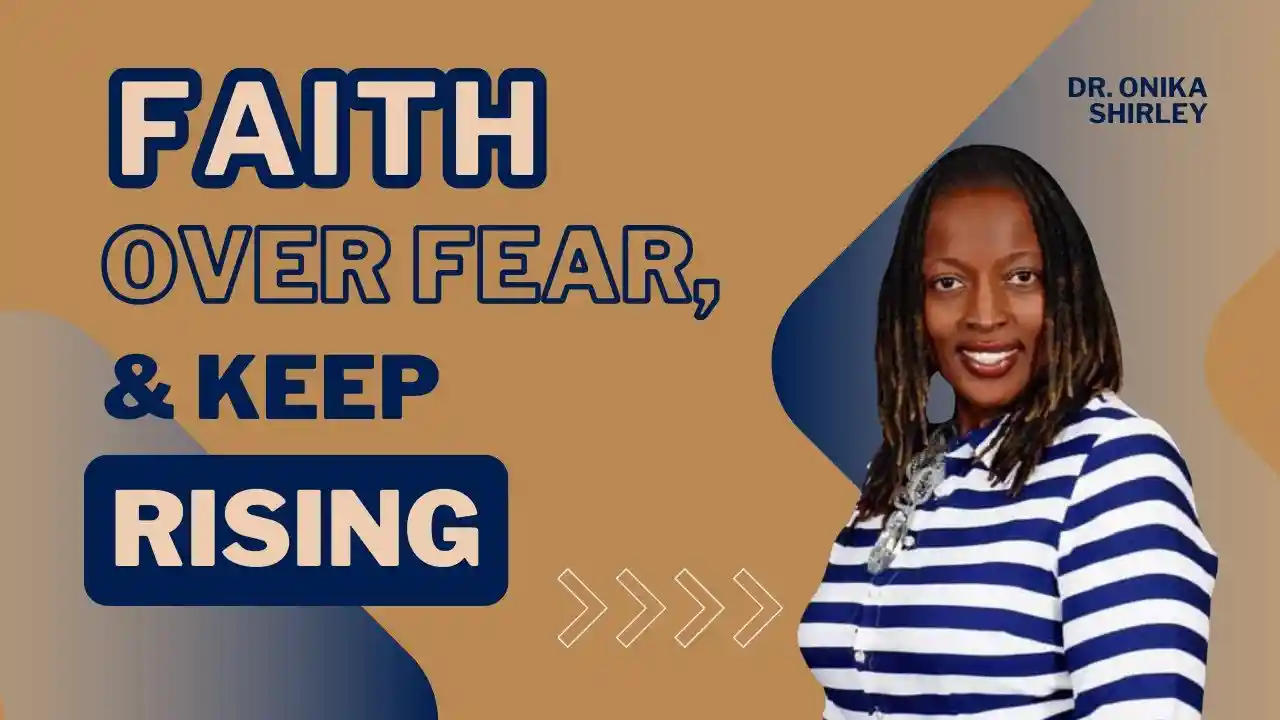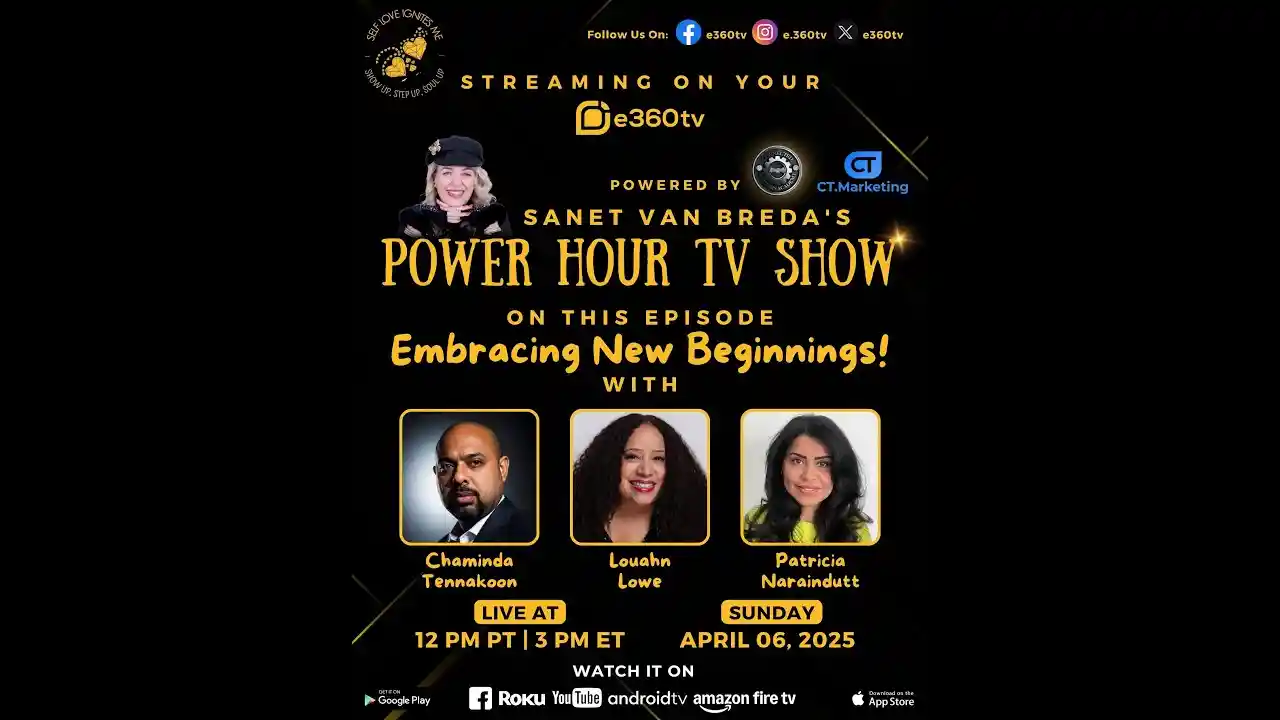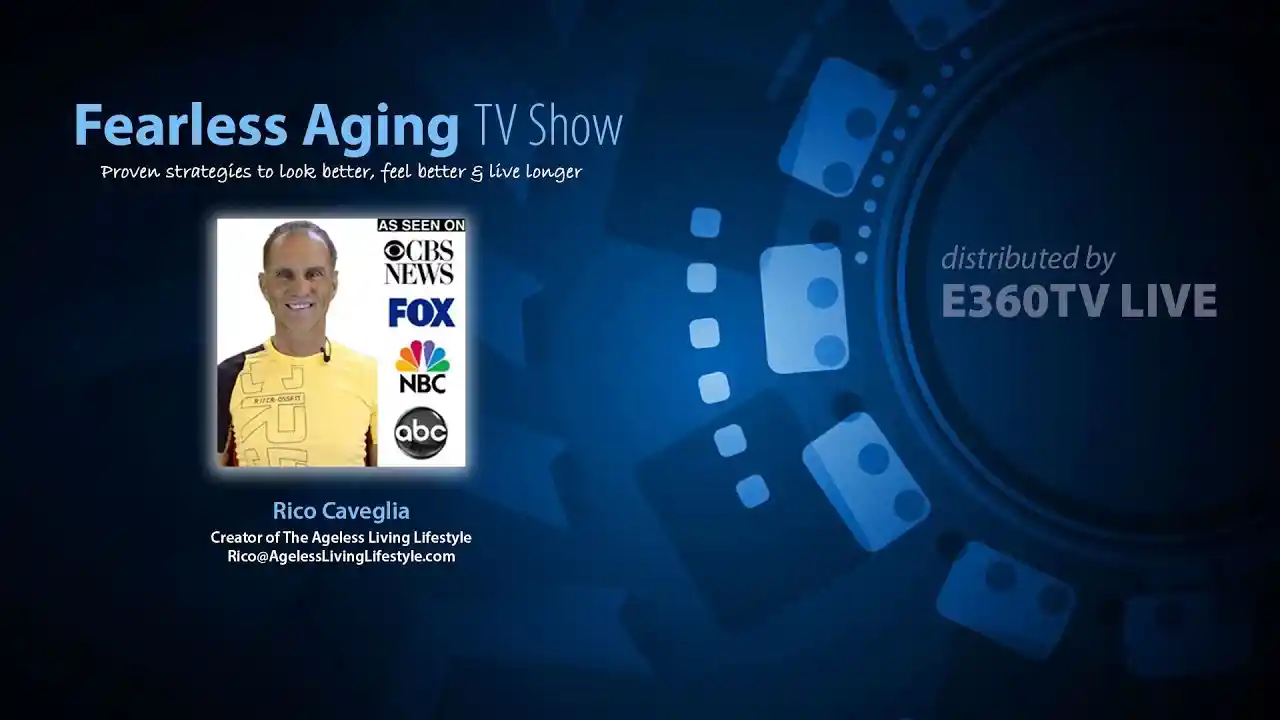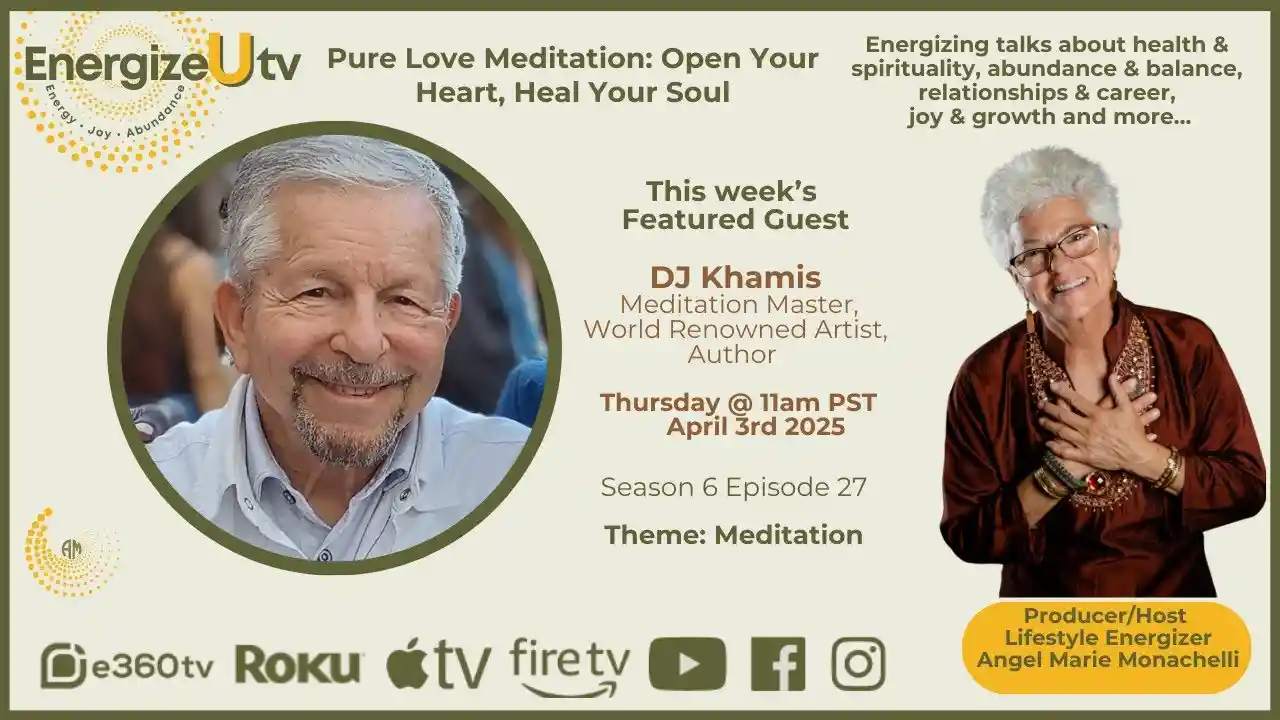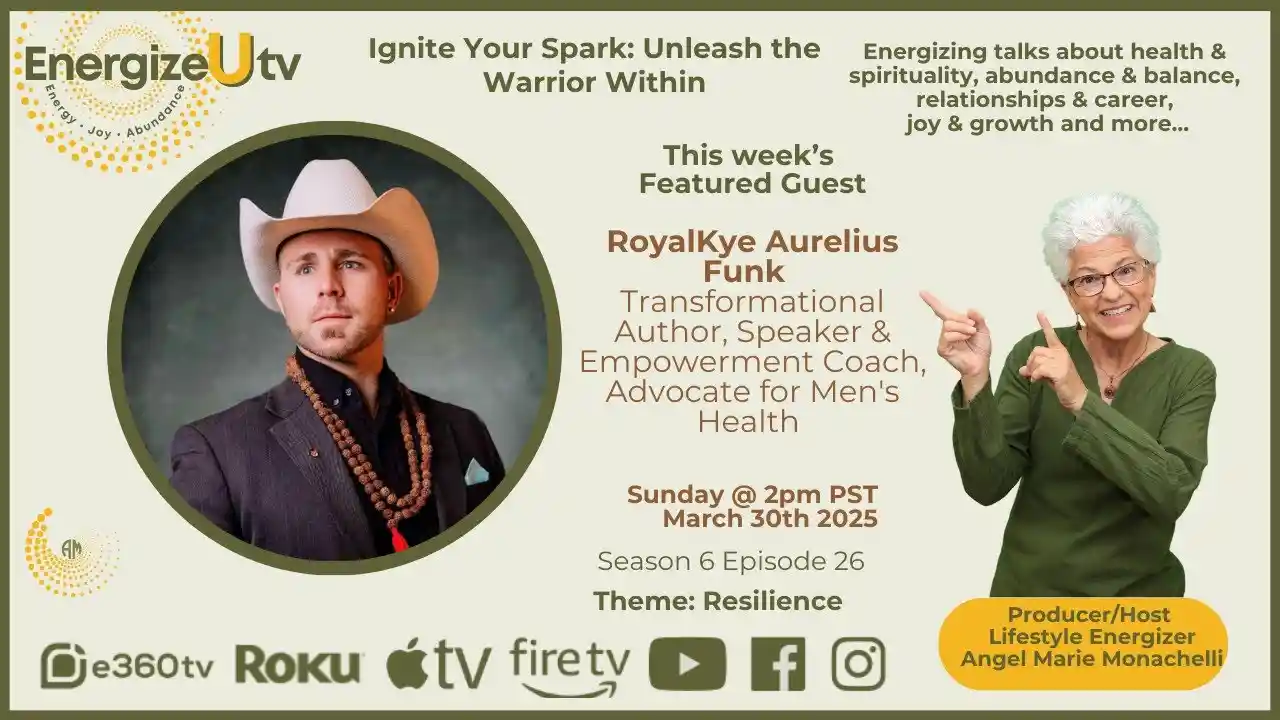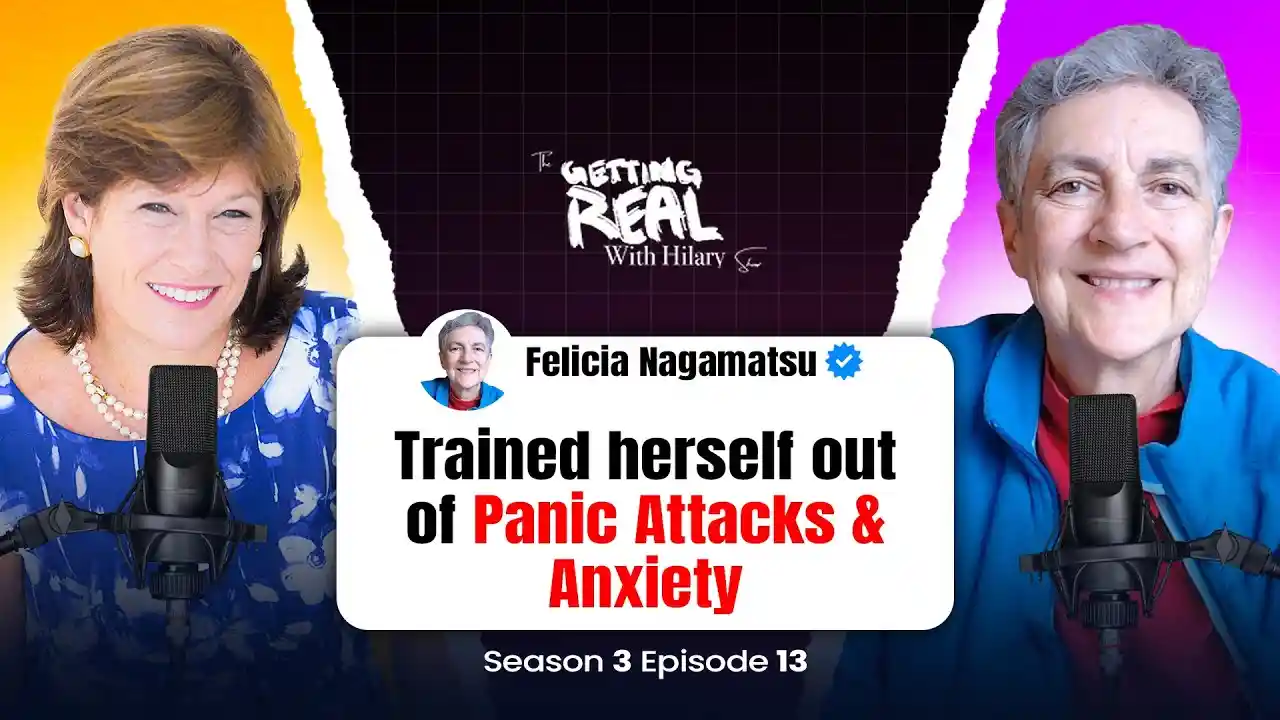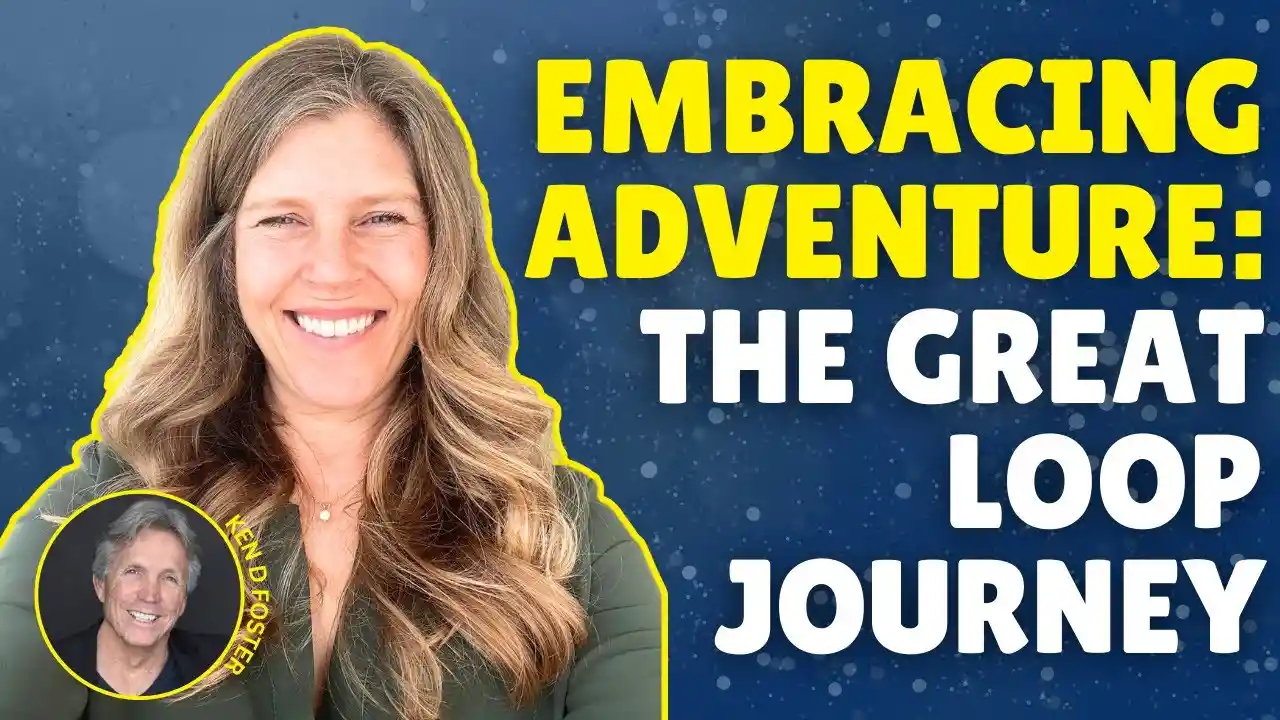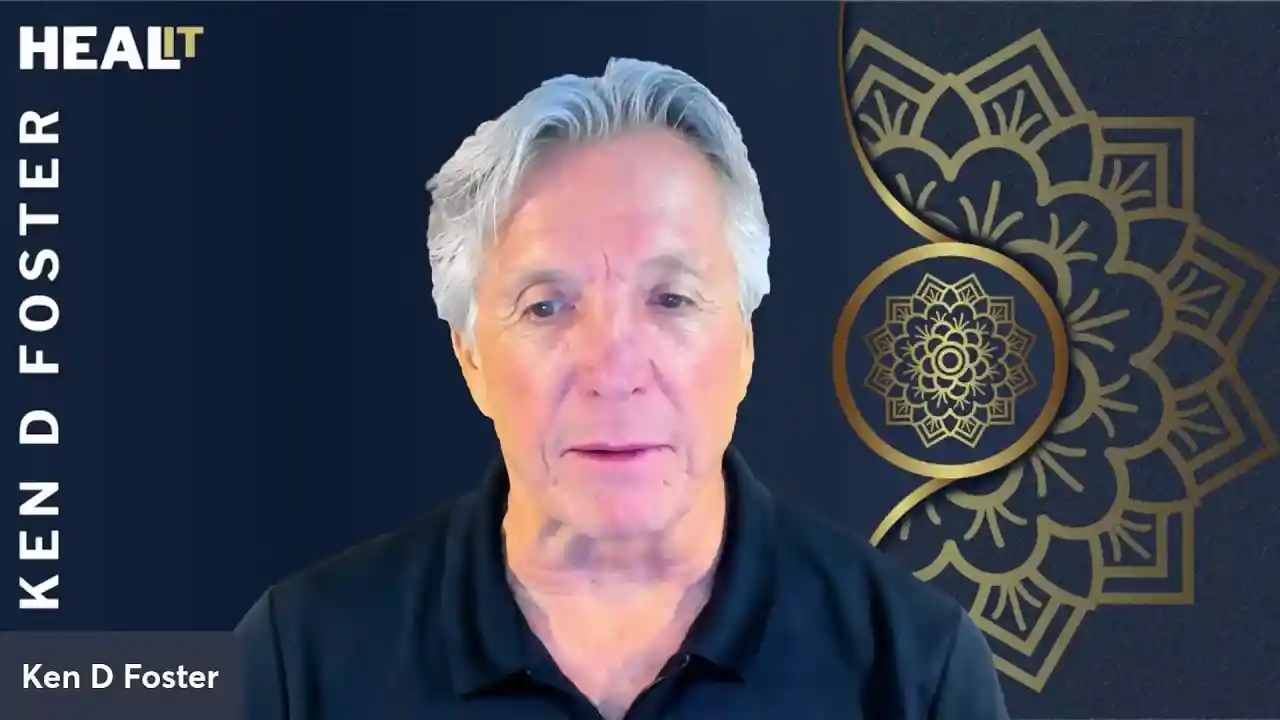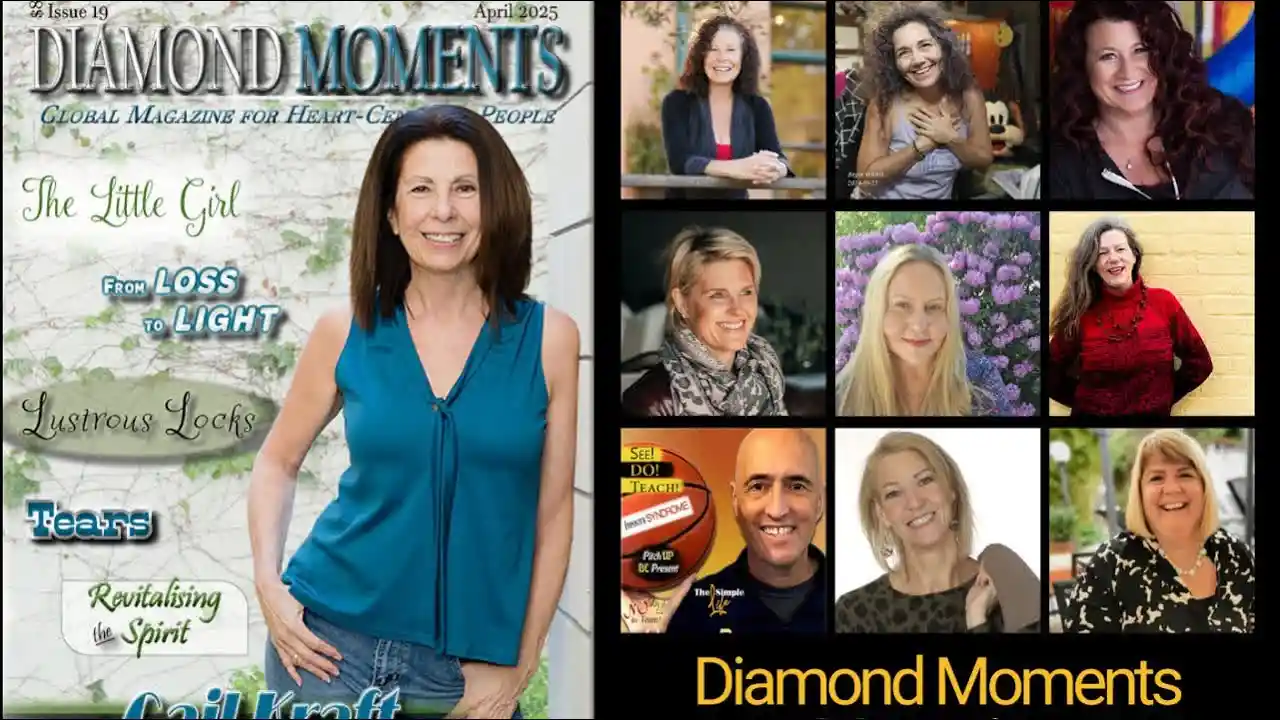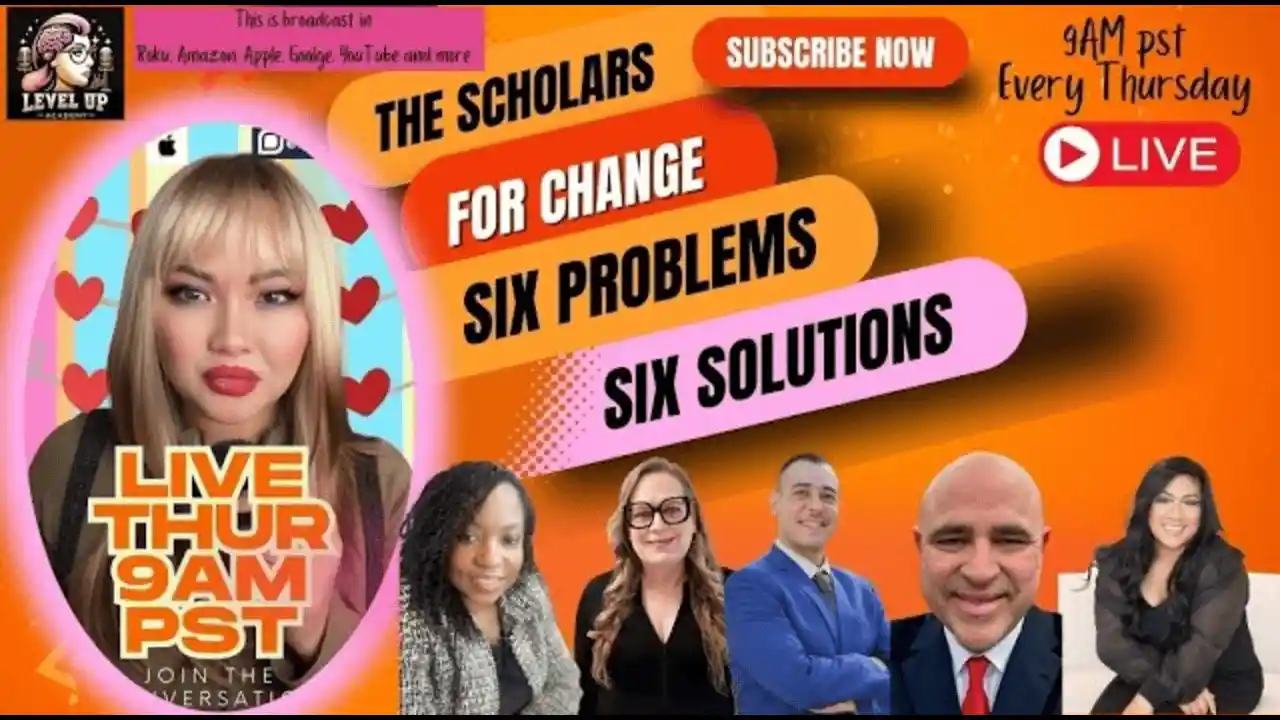Latest Videos

S2 E7 : More about Vitamin B
In this week’s episode of One Degree Change, we take a deeper dive into the world of Vitamin B! Building upon our previous discussion, we’ll explore the specific types of B vitamins, their unique health benefits, and how to ensure you're getting enough in your diet. From boosting your energy levels to enhancing mental clarity, Vitamin B plays a vital role in your overall wellness. Don't miss this informative episode as we uncover more about these essential nutrients and how they can impact your life! Tune in on Monday at 8 PM EST on e360tv and YouTube.

S2 E6 : The Family of Vitamin B
In this episode of One Degree Change, we dive deep into the fascinating world of B vitamins. Often referred to as a 'family' of vitamins, each member plays a crucial role in our health and well-being. From improving energy levels to supporting brain function, the B vitamin complex is an integrative system that affects various bodily functions. Join us as we unravel the complexities of the B vitamin family and discover how they work together to promote optimal health. Tune in every Monday at 8 PM EST and catch the replay on Wednesdays at 8 PM EST!
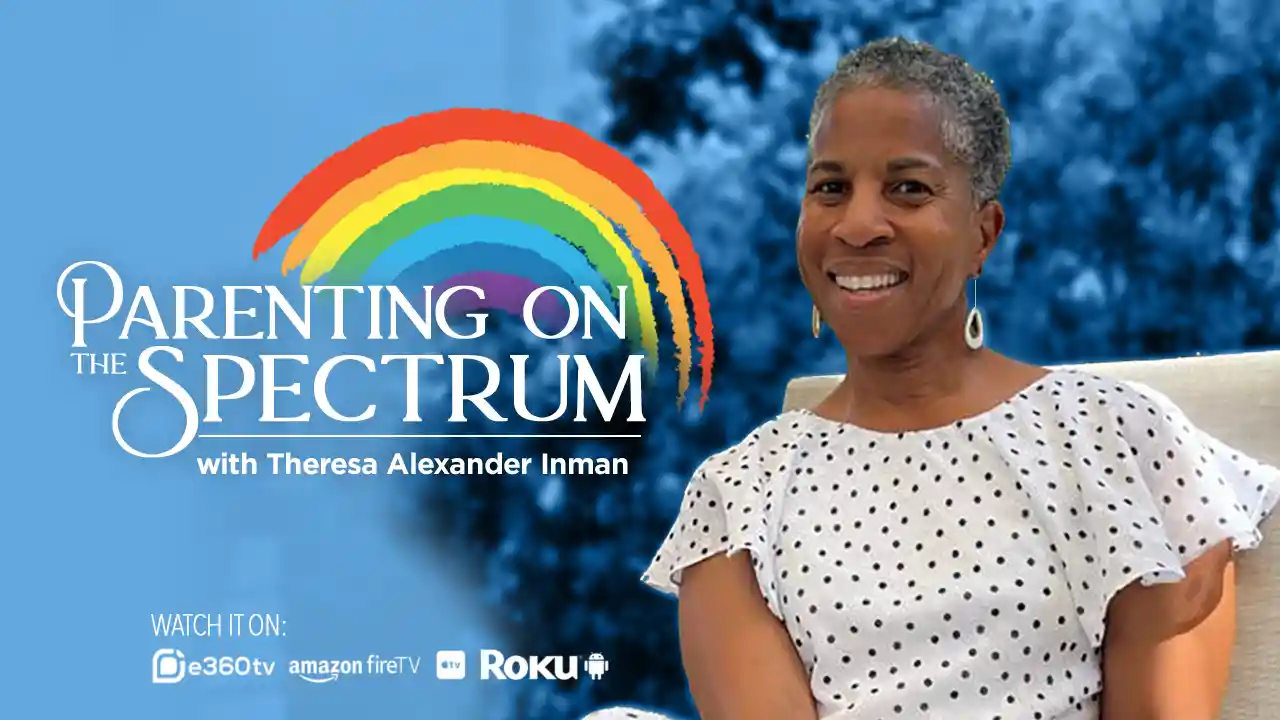
S2 E4 - Fatherhood on the Spectrum: A Conversation with John Fela
In this heartfelt episode of Parenting on the Spectrum, Theresa is joined by John Fela, a dedicated advocate, educator, and father of an autistic son. John shares his personal journey of fatherhood—from the challenges to the breakthroughs—and offers powerful insights on how dads can show up with strength, vulnerability, and presence for their children. We dive into the unique emotional experiences fathers face, the importance of building community, and practical ways to support and empower dads raising neurodivergent kids.
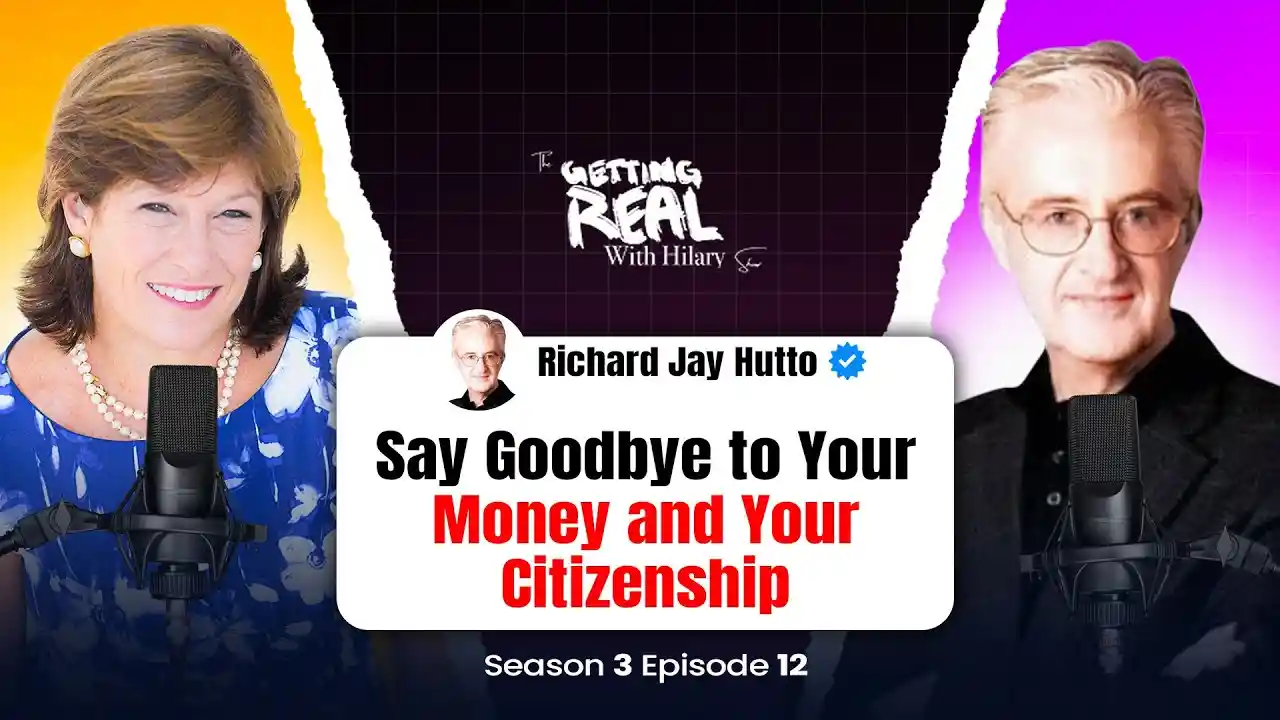
S3EP12 | Say Goodbye to Your Money and Your Citizenship - Richard Jay Hutto | Hilary Burns
#getreal #ThirdReich #Auschwitz
Imagine being an American heiress in the early 1900’s.. Your job is to marry and get a title. It doesn’t matter that you hand over your money to your husband and give up your American citizenship. It’s just what was done. The most important thing back then was to get married. "The Countess and the Nazi," by Richard Hutto, tells the story of Muriel, and her heroic life. Richard shines a light on this amazing woman, her famous father, and the families and people she saved during World War II. Reading Richard's book opened my eyes to "society," aristocracy, what was important back then, and what it was like liiving through those times and wars. If you want to read a true, well-written, historical novel, pick up at least one copy. And watch our interview. Richard is a gem. His interest in women's stories, research, and getting these heroic stories into the public domain is a treasure. Thank you, Richard, for your dedication, devotion and talent. And thank you, Muriel, for making this happen!! About the Author: Richard Jay Hutto served as White House Appointments Secretary to the Carter family and was chairman of the Georgia Council for the Arts. One of the foremost historians of the Gilded Age, he is the author of Crowning Glory: American Wives of Princes and Dukes, and Their Gilded Cage: The Jekyll Island Club Members. A frequent international lecturer, his book A Peculiar Tribe of People: Murder and Madness in the Heart of Georgia was adapted for television—the Atlanta Journal-Constitution described it as “a southern grotesque that comes complete with stately mansions, murder most vile, forbidden sex, a pot-boiling trial and a denouement worthy of a Greek tragedy [with] an ending that even Sophocles wouldn't wish on his worst enemy” (November 3, 2010). He is also a regular contributor to Royalty Digest Quarterly. Check out Rick's website @ www.rickhutto.com and the book site at www.TheCountess.net - You can also get social with Rick on Facebook. #hilaryburns #richardhutto #gettingrealwithhilary #realtalk #getreal #getfree #inspiration #thegettingrealwithhilaryshow #historical #history #thecountessandthenazis #heiress #wealth #Auschwitz #Nazis #wealth #society #Astors #Vanderbilts #HenryWhite #Muriel #ThirdReich #CountessSeherr-Thoss #MurielWhite #Albania #ambassadors #London #QueenGeraldine #Europe _______________________________________ Hilary's Website: https://www.gettingrealwithhilary.com/ Youtube: ![]() / @gettingrealwithhilary Spotify: https://shorturl.at/pQY68 iTunes: https://shorturl.at/qyTZ3 BBS Radio: https://bbsradio.com/thegettingrealwi... E360tv: bit.ly/TGRWHS
/ @gettingrealwithhilary Spotify: https://shorturl.at/pQY68 iTunes: https://shorturl.at/qyTZ3 BBS Radio: https://bbsradio.com/thegettingrealwi... E360tv: bit.ly/TGRWHS
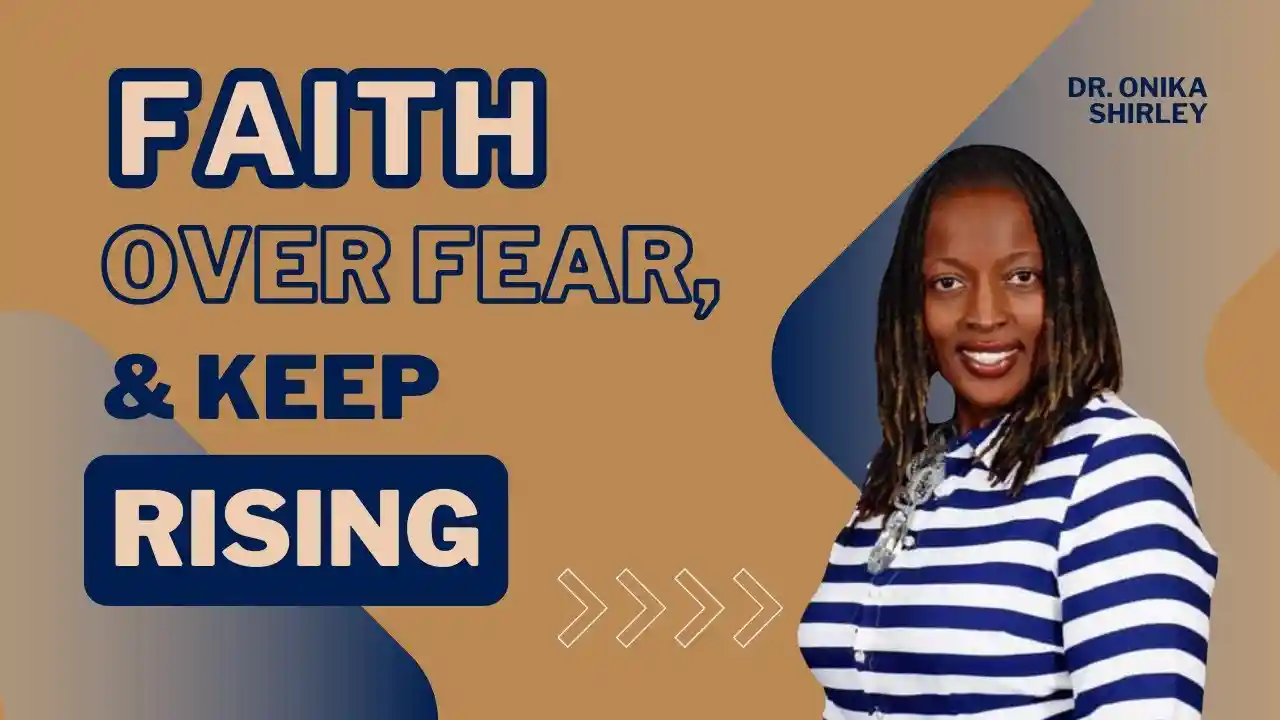
Faith Over Fear, & Keep Rising, S1E7
#FaithOverFear #FaithInAction #WomenOfFaith
No views • Streamed live on Apr 4, 2025 • #FaithOverFear #FaithInAction #WomenOfFaith
Faith Over Fear & Keep Rising | Seizing Your Greatness with Julie Ann Meyer What if boldness is the only thing standing between you and your breakthrough? In this episode of Seizing Your Greatness, Julie Ann Meyer sits down with Dr. Onika Shirley—international speaker, serial entrepreneur, and The Boldness Coach—to talk about what it really takes to lead with unshakable faith and fierce confidence. If you’ve ever felt stuck, silenced, or unsure of your next move, this conversation will reignite your purpose and remind you of the power you already hold. ✨ In this episode, we cover: Why playing small is costing you more than you think How to turn fear into fuel and move boldly The mission behind Action Speaks Volume What faith-fueled leadership actually looks like How to rise in purpose—without apology Dr. Onika’s story is bold, raw, and deeply inspiring. You don’t want to miss this one. 🔗 Connect with Dr. Onika Shirley: https://www.dronikashirley.com 🎥 Watch more episodes of Seizing Your Greatness: https://bit.ly/SeizingYourGreatness #FaithOverFear #KeepRising #SeizingYourGreatness #DrOnikaShirley #JulieAnnMeyer #BoldLeadership #WomenOfFaith #FaithInAction #e360tv #ARIONTV

Protecting Your Home: The Importance of Disaster Insurance
Disasters can strike when you least expect them—are you prepared? In this episode of A Senior Citizens Forum, Farmers Insurance agent Justin Bithell joins us to discuss the importance of having the right disaster insurance coverage for your home and assets. From earthquakes and wildfires to floods and other unexpected events, we break down what homeowners need to know to stay protected. Don’t wait until it’s too late—tune in to learn how to safeguard your home and financial future! Janice Wood Host and Producer of A Senior Citizens Forum Owner of Benefits4U2 Insurance Services Aseniorcitizensforum@360tvlive.com (310) 245-0332 License #0f35236 Justin Bithell Farmers Insurance 949.503.2177 F 949.315.3955 www.farmersagent.com/jbithell License# 0F17630

Bite Size of Oral Health: How Medication Affects Oral Health
In this insightful episode of A Senior Citizens Forum, Janice Wood sits down with dental expert Henry Kim to explore the often-overlooked connection between medications and oral health. Many common prescriptions can affect your teeth and gums — from dry mouth to increased risk of decay. Henry shares practical tips and professional insights to help seniors protect their smiles while managing their health. Janice Wood Host and Producer of A Senior Citizens Forum Owner of Benefits4U2 Insurance Services Aseniorcitizensforum@360tvlive.com (310) 245-0332 License #0F35236 Dr. Henry Kim, DMD, MMSc General, Cosmetic and Implant Dentistry Prosthodontics, Periodontics, Endodontics and Orthodontics (949) 472-5499
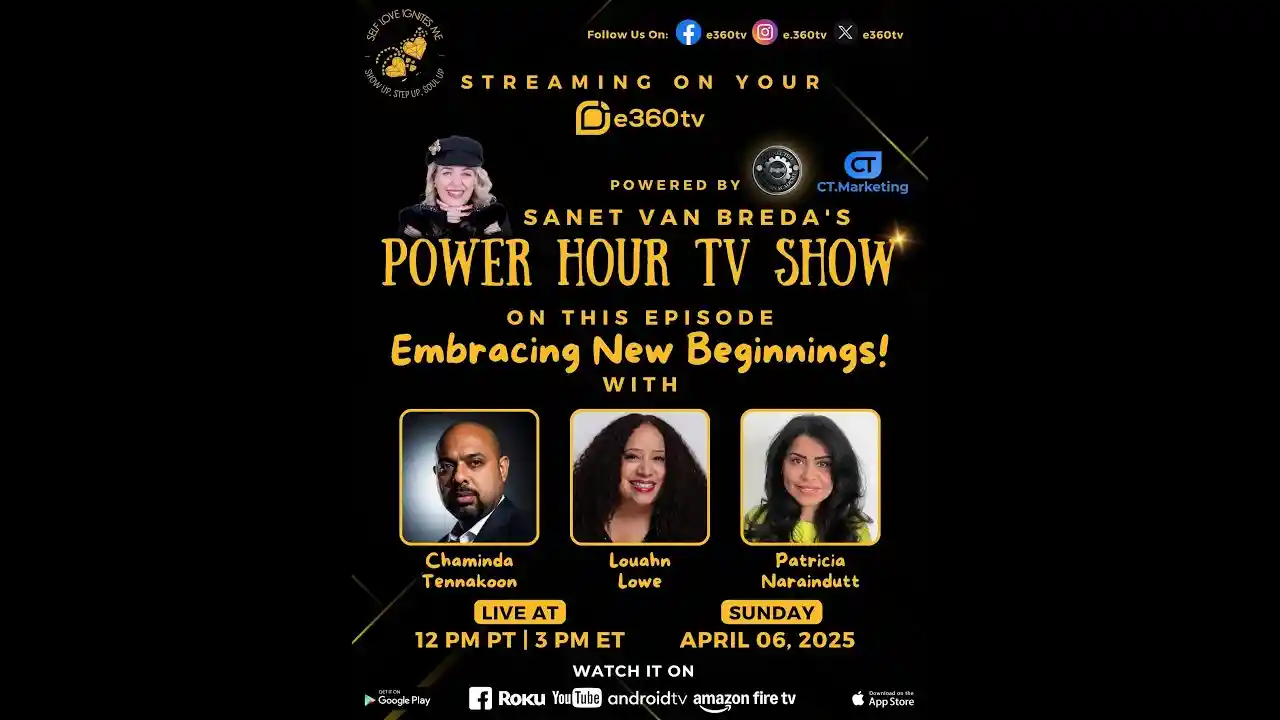
S3E25 Power Hour TV Show - Embracing New Beginnings!
"When the familiar fades, the soul awakens to infinite possibilities!" by Sanet Van Breda Change can feel uncertain, like stepping into the unknown without a map. Every sunrise reminds us that we have another chance—to grow, to love, to dream again. The path ahead may be unwritten, but within you lies the power to script it with courage, grace, and hope. Show Powered by CLA - Unlock Your Entrepreneurial Potential - Join the Global Movement of High Performers at Connected Leaders Academy for Unparalleled Growth, Influence, and Success! https://www.connectedleadersacademy.com/ Show Powered by CT.Marketing - Your Partner in Business Growth - Transform your online presence and turn connections into conversions with CT.Marketing. https://calendly.com/chaminda-tennako... Your Host Sanet Van Breda – Your Voice Amplifier. The voice of millions, providing space and stages for extraordinary souls to illuminate our world with their brilliance, wisdom, and transformative stories across all my platforms, www.selflove4me.com. Chaminda Tennakoon With my extensive experience in lead generation, I’m passionate about helping business owners overcome these challenges and achieve their goals in today’s competitive market. https://www.chamindatennakoon.com/ Louahn Lowe I help individuals, especially women, break through limitations and achieve their biggest dreams by combining practical goal-setting strategies with powerful manifestation techniques. Whether it's accelerating a career, building confidence, or turning dreams into reality, I provide the tools, guidance, and accountability to make it happen. With a focus on time management, mindset shifts, and sustainable success, I empower my clients to take aligned action and create lasting transformation in their personal and professional lives.  / louahn.lowe Patricia Naraindutt I am committed to supporting caregivers in finding balance and fulfillment in their lives. Through compassionate coaching, I guide caregivers in prioritizing their well-being, setting healthy boundaries, and creating sustainable self-care routines. I provide a safe space for them to share their challenges, receive practical strategies, and gain the emotional support they need. Whether it's through one-on-one sessions, group discussions, or educational resources, my mission is to empower caregivers to care for themselves as much as they care for their loved ones. https://web.facebook.com/profile.php?... #amplifyyourimpact #streaming #liveshow #livetv #tvshow #liveevents #rokutv #AppleTV #amazonfiretv #AndroidTV #Youtube #tvhost #coach #health #wellness #e360tv #sanetvanbreda #womeninbusiness #selflove4me #foryourpage #happiness #mindset #love #diamondbeautiesforever #powerhourtvshow #diamondmometsmagazine #souldiamondauthorjourneytvshow #tazaniteheroes #impactingmen
/ louahn.lowe Patricia Naraindutt I am committed to supporting caregivers in finding balance and fulfillment in their lives. Through compassionate coaching, I guide caregivers in prioritizing their well-being, setting healthy boundaries, and creating sustainable self-care routines. I provide a safe space for them to share their challenges, receive practical strategies, and gain the emotional support they need. Whether it's through one-on-one sessions, group discussions, or educational resources, my mission is to empower caregivers to care for themselves as much as they care for their loved ones. https://web.facebook.com/profile.php?... #amplifyyourimpact #streaming #liveshow #livetv #tvshow #liveevents #rokutv #AppleTV #amazonfiretv #AndroidTV #Youtube #tvhost #coach #health #wellness #e360tv #sanetvanbreda #womeninbusiness #selflove4me #foryourpage #happiness #mindset #love #diamondbeautiesforever #powerhourtvshow #diamondmometsmagazine #souldiamondauthorjourneytvshow #tazaniteheroes #impactingmen
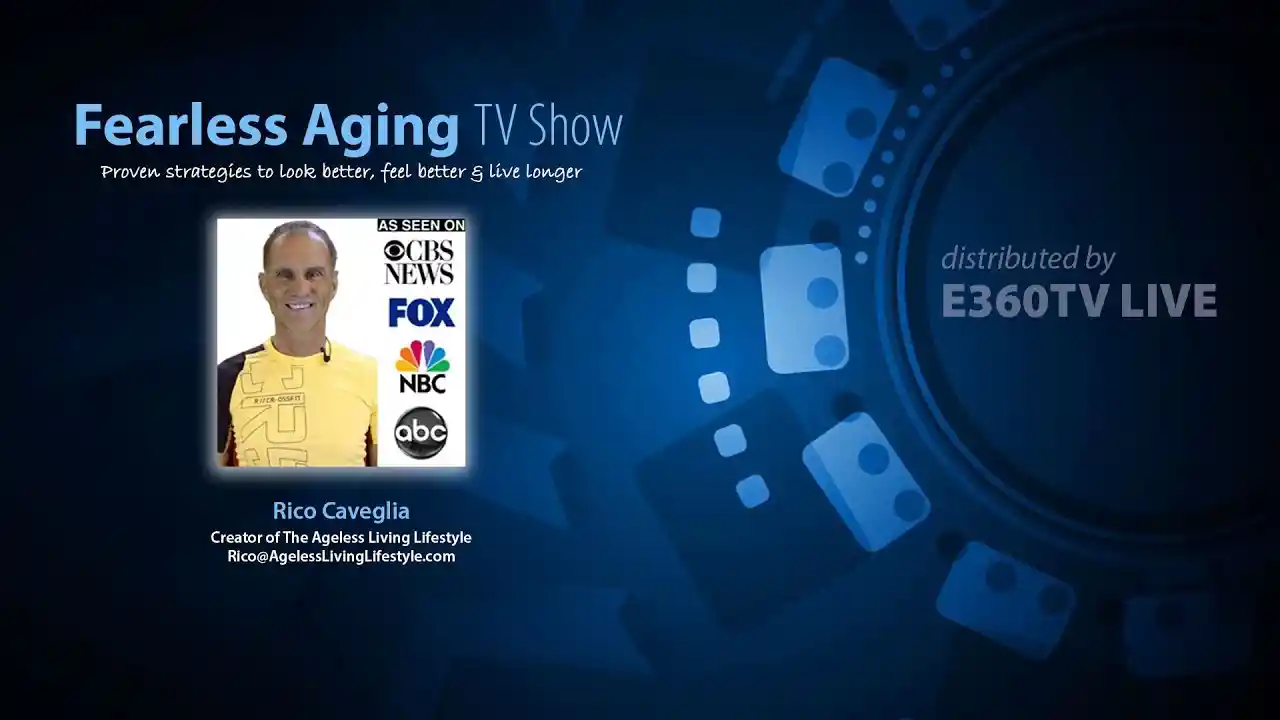
Treating depression safely, without medication.
Dr Pages talks about this new safe treatment that has helped many people who suffer from depression and have tried multiple medications, without satisfactory results and with many side effects. To learn more go to - neurostar.com
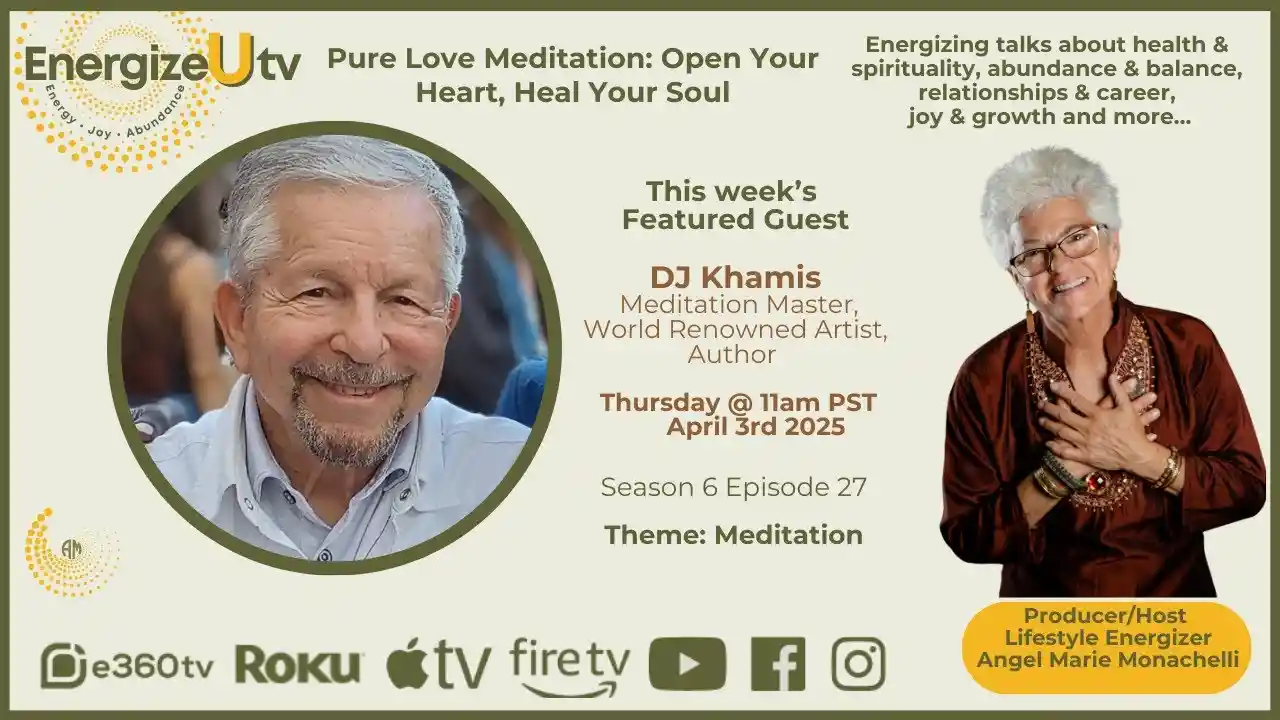
S6 E27 - Pure Love Meditation: Open Your Heart, Heal Your Soul
#reikimaster #crystals #personalpower
Most people are prisoners of their own minds, shackled by doubts they never dared to question. Are you willing to break free? Studies reveal that the average person has around 60,000 thoughts per day—and a staggering 80% of them are negative. Worse yet, 95% of those thoughts are the same ones you had yesterday. So if your mind is running on autopilot, replaying the same fears, doubts, and limitations… Are you ready to change the script? Today’s Topic: Meditation Episode Title: Pure Love Meditation: Open Your Heart, Heal Your Soul S6 E27 This is NOT some fluffy, feel-good nonsense. This is your wake-up call for your awakening. If you’re tired of feeling disconnected—from yourself, from your purpose, from the life you know you’re meant to live—this episode is for you. We’re diving into the heart-centered power of meditation—how to quiet the noise, reconnect with your truth, and move through life with deep presence, unshakable peace, and the kind of energy that magnetizes everything meant for you. Join me for The Wisdom Segment with DJ Khamis—a world-renowned artist, author, mentor, and true master of meditation. This isn’t just another talk about mindfulness—this is deep, transformative work. Together, we’re breaking down real, no-BS strategies to help you step fully into your inner self with a powerful, heart-opening meditation that will shift your energy and unlock your true potential. Here’s what we are creating together: Master the art of inner peace—so you move through life with confidence, clarity, and presence. Shift your mindset to embody deep self-awareness and unshakable calm in business, relationships, and everyday life. Cultivate an energy so powerful that people can’t help but feel it—without you saying a word. No fluff. No excuses. Just real, actionable wisdom to help you take control. Yet wait—there’s more! Get ready for HIGH-ENERGY DANCING to shake off the stress and RAISE your vibration. Feel the music, move your body, and leave this episode glowing from the inside out! And there’s even more waiting for you… On the Crystal Connection Segment – Learn about the crystals, minerals and elements within you and how they support and uplift your spiritual growth. On the Spirit Animal Segment – Receive guidance and inspiration from your spirit animal to support your path forward. On the Energy Clearing Segment – Experience a unique process to let go of negative energy and create space for light and positivity. Bonus: On the Activation Meditation Segment – Experience a powerful activation to align your energy, expand your joy, and boost your abundance and healing. This guided meditation helps you to calibrate and visualize the shift in your mindset and embrace greater clarity and balance. Tag a friend who’s ready to discover their inner power, dance their energy high, and SHINE ON! With love and light, I hold space for you to step into your healing awakening. Change Your Mindset, IGNITE Your ENERGY & SHINE ON! Watch Live - Download our e360tv App: Android: https://buff.ly/3BSyzzo iOS: https://buff.ly/2VmsGcl ![]() / @angelmarieinc #wellness #visualization #manifestation #manifesting #shineon #reikimaster #meditation #crystals #Healing #EnergizeUTV #IgniteYourEnergy #TransformYourLife #WellnessJourney #HealingJourney #energy #boostyourenergy #SpiritualGrowth #SpiritualAwakening #EnergyHealing #joy #personalpower #purelovemeditation #heartmeditation
/ @angelmarieinc #wellness #visualization #manifestation #manifesting #shineon #reikimaster #meditation #crystals #Healing #EnergizeUTV #IgniteYourEnergy #TransformYourLife #WellnessJourney #HealingJourney #energy #boostyourenergy #SpiritualGrowth #SpiritualAwakening #EnergyHealing #joy #personalpower #purelovemeditation #heartmeditation
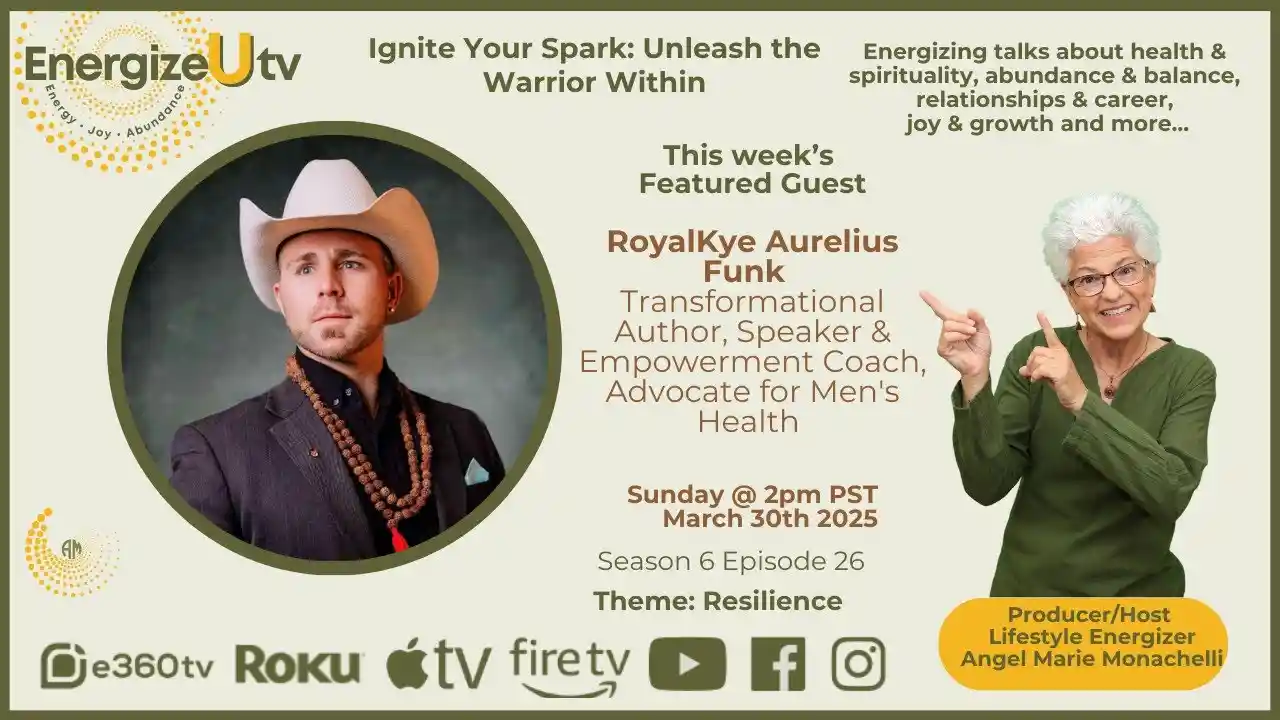
S6 E26 - Ignite Your Spark: Unleash the Warrior Within TV Show
#reikimaster #crystals #EmotionalResilience
Would you like to train your mind to respond to life from a place of peace instead of panic? Science confirms what ancient wisdom has always known—you can rewire your thoughts, shift your energy, and build inner strength through daily spiritual practice. Today’s Topic: Resilience Episode Title: Ignite Your Spark: Unleash the Warrior Within S6 E26 If you're tired of the surface-level bullsh*t and ready to own your power... This is your episode. Tune in. Tap in. Let’s go deep. Join me on The Wisdom Segment as I sit down with RoyalKye Aurelius Funk—Author, Reiki practitioner, inspirational speaker, Lightworker, empowerment coach, NDE survivor, and former federal firefighter. Yeah, read that again. This man walked through fire—literally and spiritually —and came out radiating light. We’re not talking fluff. We’re diving into raw, soul-shifting truths that will challenge how you think, feel, and show up in your life. Here’s what you’re getting in this episode:
- Real-world strategies to build resilience from the inside out
- How to shift your mindset so radically, your outer world has no choice but to follow
- Tools to cultivate a presence so powerful, you don’t need to say a word—your energy speaks for you
Yet wait—there’s more! Get ready for HIGH-ENERGY DANCING to shake off the stress and RAISE your vibration. Feel the music, move your body, and leave this episode glowing from the inside out! And there’s even more waiting for you… On the Crystal Connection Segment – Learn about the crystals, minerals and elements within you and how they support and uplift your spiritual growth. On the Spirit Animal Segment – Receive guidance and inspiration from your spirit animal to support your path forward. On the Energy Clearing Segment – Experience a unique process to let go of negative energy and create space for light and positivity. Bonus: On the Activation Meditation Segment – Experience a powerful activation to align your energy, expand your joy, and boost your abundance and healing. This guided meditation helps you to calibrate and visualize the shift in your mindset and embrace greater clarity and balance. Tag a friend who’s ready to discover their inner power, dance their energy high, and SHINE ON! With love and light, I hold space for you to step into your healing awakening. Change Your Mindset, IGNITE Your ENERGY & SHINE ON! Watch Live - Download our e360tv App: Android: https://buff.ly/3BSyzzo iOS: https://buff.ly/2VmsGcl ![]() / @angelmarieinc #wellness #visualization #manifestation #manifesting #shineon #reikimaster #meditation #crystals #Healing #EnergizeUTV #IgniteYourEnergy #TransformYourLife #WellnessJourney #HealingJourney #energy #boostyourenergy #SpiritualGrowth #SpiritualAwakening #EnergyHealing #joy #resilience #ResilienceMindset #EmotionalResilience #InnerStrength
/ @angelmarieinc #wellness #visualization #manifestation #manifesting #shineon #reikimaster #meditation #crystals #Healing #EnergizeUTV #IgniteYourEnergy #TransformYourLife #WellnessJourney #HealingJourney #energy #boostyourenergy #SpiritualGrowth #SpiritualAwakening #EnergyHealing #joy #resilience #ResilienceMindset #EmotionalResilience #InnerStrength
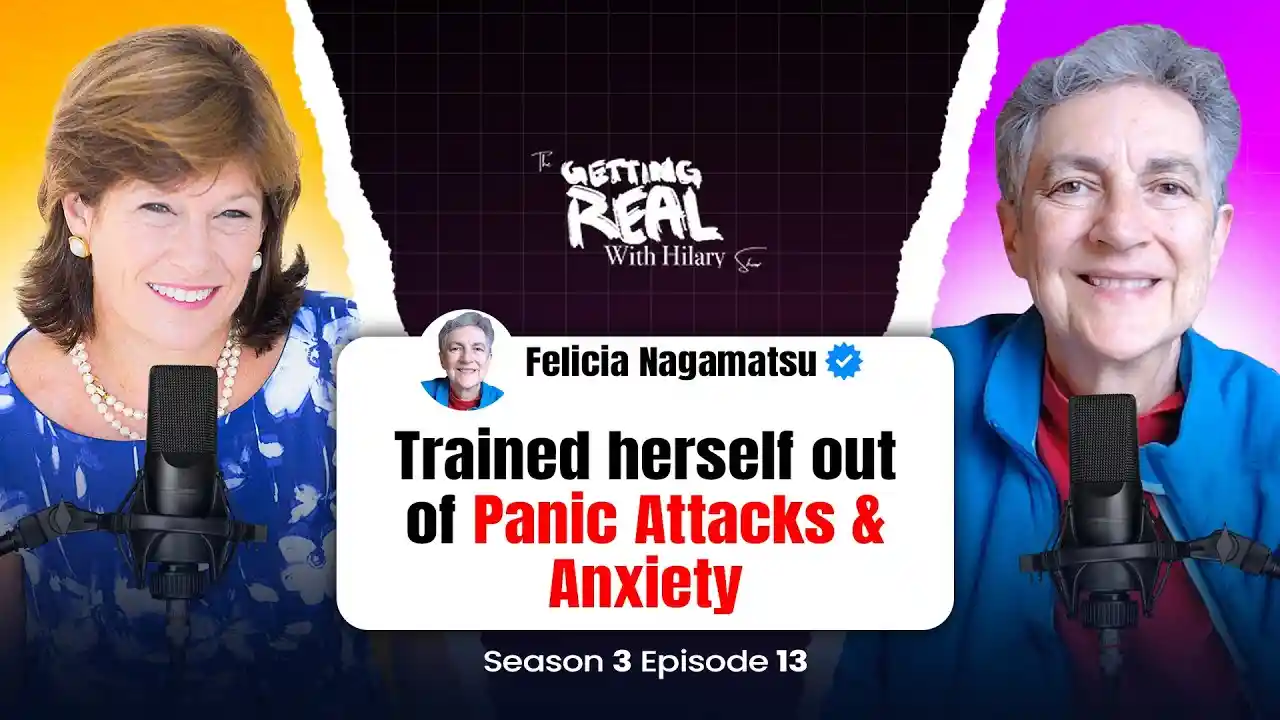
S3EP13 | Trained herself out of Panic Attacks and Anxiety | Felicia Nagamatsu | Hilary Burns
Felicia took on mental illness head on. She is dedicated to changing the context of mental illness into the conversation of mental genius. Everyone has a gift, we are all different, and there is nothing wrong with any of us. Her creation, TrainYourGenius.com, is a community where everyone is embraced, accepted as is, and given training to create the life of their dreams. Felicia is bold, brave and committed to altering how the world sees neurodiversity. As a person who was diagnosed with bi-polar disease, ADHD, OCD and autism, she also suffered with anxiety and panic attacks throughout her life. Felicia decided to take them on, the month that her mother passed away. No longer would she be a victim. She has spent the last 37 years pursuing any path that will give her freedom. She has many certifications and can train others in these techniques. Visit her platform, TrainYourGenius.com to find out the incredible world that Felicia is creating. If you have family members or friends who are neurodivergent, this site is also for you. Felicia welcomes everyone. Her love, wisdom, and commitment are a light in this world. Bio: FELICIA NAGAMATSU is a global advocate for Full Spectrum Intelligence, where neurodiversity is natural, expected, and valued. She partners WITH people who have gifts of dyslexia, autism, ADHD, OCD, bipolar, and more. Leveraging 30 years’ experience with neurodiversity, she helps people thrive, no matter what. Nagamatsu founded HSP Alliance and TrainYourGenius.com to help families remove shame, restore confidence, and master their inborn gifts. She is passionate about expanding education for visual-spatial learners with dyslexia, ADHD, and autism. Speaker, teacher, coach, breakthrough expert, author, and inventor holding two patents. Greatest achievement: a neurodiverse marriage partnership, 47 years strong, and counting. Website: https://trainyourgenius.com/ #hilaryburns #gettingrealwithhilary #realtalk #getreal #getfree #inspiration #thegettingrealwithhilaryshow #FeliciaNagamatsu #neurodivergence #mentalillness #autism #bipolar #panicattacks #anxiety #ballroomdance #marriage #children #gifts #victim #powerless #dyslexia #ADHD #OCD #shame #visual-spatiallearners #trainyourgenius #trainyourgenius.com _______________________________________ Hilary's Website: https://www.gettingrealwithhilary.com/ Youtube: ![]() / @gettingrealwithhilary Spotify: https://shorturl.at/pQY68 iTunes: https://shorturl.at/qyTZ3 BBS Radio: https://bbsradio.com/thegettingrealwi... E360tv: bit.ly/TGRWHS
/ @gettingrealwithhilary Spotify: https://shorturl.at/pQY68 iTunes: https://shorturl.at/qyTZ3 BBS Radio: https://bbsradio.com/thegettingrealwi... E360tv: bit.ly/TGRWHS
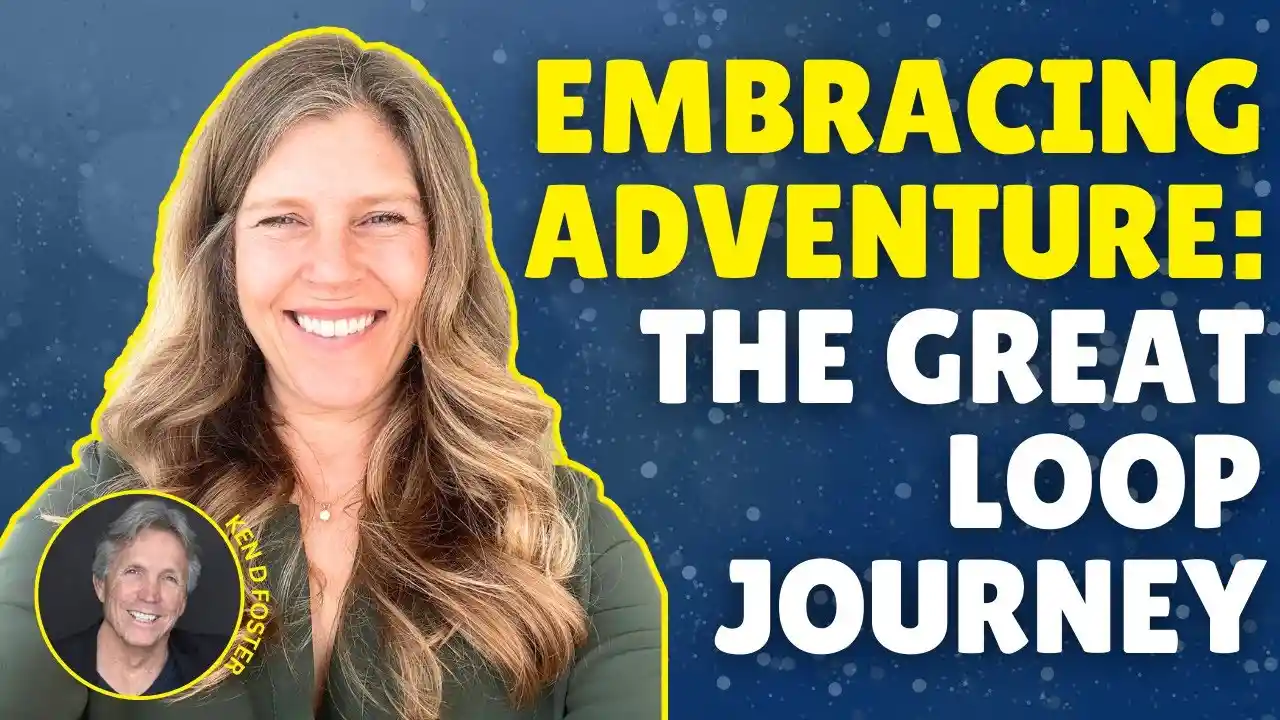
#HealIt S3EP6 | Heal It by Navigating Love, Adventure, and Transformation | Maggie Tate | Ken Foster
In the midst of the pandemic, a couple found inspiration to break free from stagnation and embark on America's Great Loop—a 6,000-mile boating adventure. Through minimalism, resilience, and a shift in mindset, they discovered the power of embracing change and chasing dreams. YouTube Link: ![]() • Heal It by Navigating Love, Adventure... 🔥 Don’t forget to LIKE, COMMENT & SUBSCRIBE for more transformational insights! 🔥 #HealIt #KenDFoster #MaggieTate #GreatLoop #AdventureAwaits #TravelTransformation #RelationshipGoals #PersonalGrowth #EmbraceChange #LifeLessons #CoupleAdventures #SailingLife #NomadicLifestyle #OvercomingChallenges #Resilience #InspiringJourneys #Wanderlust #BoatLife #Entrepreneurship #CreativeMindset #ThrivingTogether #BuildingBridges #CulturalUnderstanding #NavigatingLife #ChasingDreams #BreakthroughMoments #TravelCommunity #UnityInDiversity #Storytelling #MindsetShift #CourageousLiving #SelfDiscovery #LifeOnTheWater #AdventureInspiration #PurposeDrivenLife #BridgingDivides
• Heal It by Navigating Love, Adventure... 🔥 Don’t forget to LIKE, COMMENT & SUBSCRIBE for more transformational insights! 🔥 #HealIt #KenDFoster #MaggieTate #GreatLoop #AdventureAwaits #TravelTransformation #RelationshipGoals #PersonalGrowth #EmbraceChange #LifeLessons #CoupleAdventures #SailingLife #NomadicLifestyle #OvercomingChallenges #Resilience #InspiringJourneys #Wanderlust #BoatLife #Entrepreneurship #CreativeMindset #ThrivingTogether #BuildingBridges #CulturalUnderstanding #NavigatingLife #ChasingDreams #BreakthroughMoments #TravelCommunity #UnityInDiversity #Storytelling #MindsetShift #CourageousLiving #SelfDiscovery #LifeOnTheWater #AdventureInspiration #PurposeDrivenLife #BridgingDivides
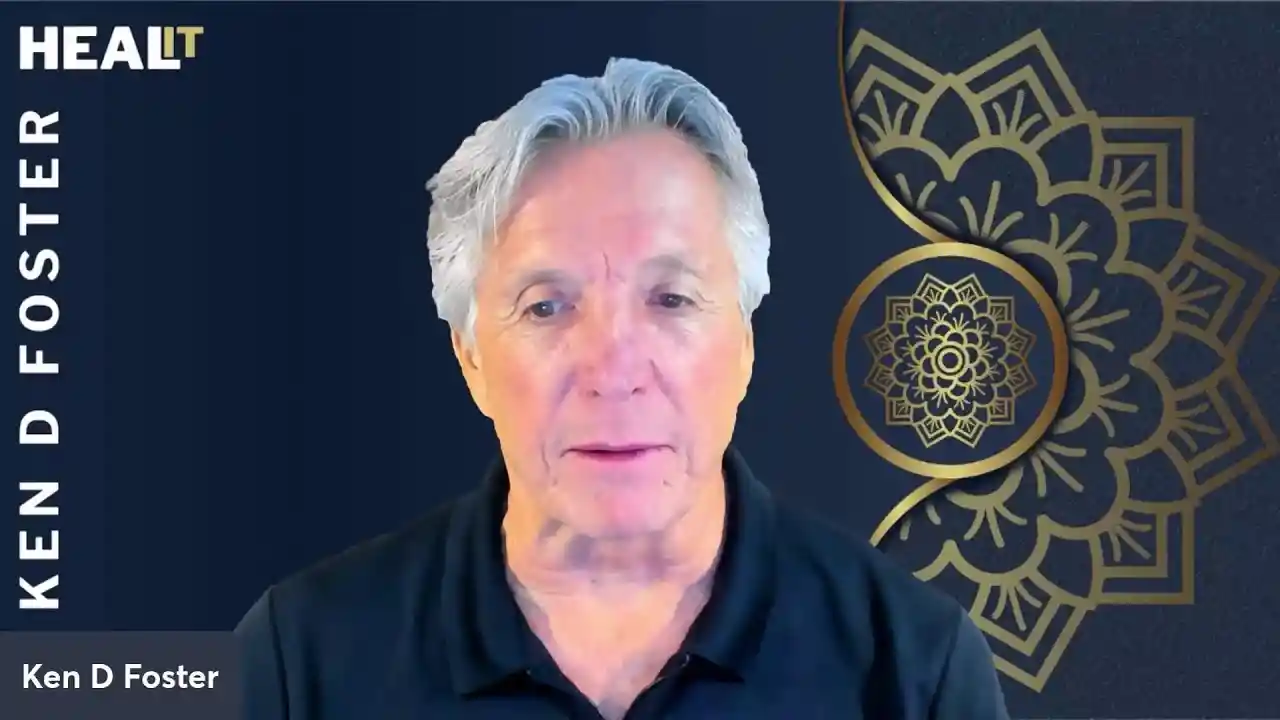
#HealIt S3EP7 | Heal It By Navigating Dementia | Lisa Skinner | Ken D Foster
🎙️ New to streaming or looking to level up? Check out StreamYard and get $10 discount! 😍 https://streamyard.com/pal/d/47292799...
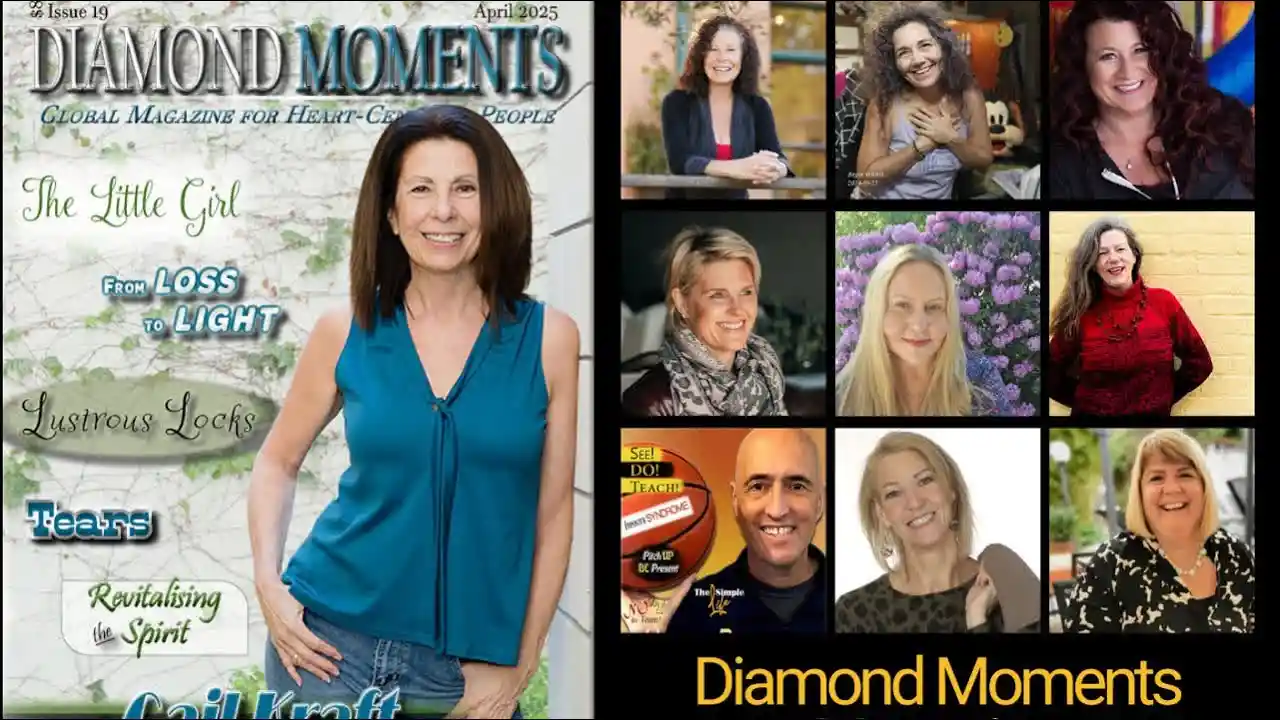
S3E26 Power Hour TV Show - Celebrating Powerful Stories
#rokutv #amazonfiretv #liveshow
S3E26 Power Hour TV Show April 10 2025 Time 12pm PST Where Every Story Illuminates a Soul! " Within the pages of this issue, truth becomes beauty, pain becomes purpose, and every voice becomes a light guiding the world home to love!" by Sanet Van Breda Diamond Moments Magazine - Celebrating Powerful Stories – April 2025 Issue 19🌍💖 We are honored to present our newest edition of Diamond Moments Magazine, a heart-centered celebration of truth, resilience, and radiant transformation. This issue is bursting with brilliance—from our breathtaking Cover Story featuring the extraordinary Gail Kraft, to the soul-stirring poem This Little Girl by our beloved poet Christianna Carr. Front cover features that moved our hearts and lifted our spirits include: 💧 Tears by JL Keez 🌿 Revitalizing the Spirit by Cathy Nesbitt 💫 Lustrous Locks by Julie Diaz 🌟 From Loss to Light by Robyn Eyre-Long 💖 A heartfelt thank you to our phenomenal Editor-in-Chief Soné Swanepoel, whose artistic vision and dedication bring this magazine to life in every detail. 🌟 And to our incredible Magazine Ambassadors—Howard Brown, Nattolie Chilton, and Eve Csakvary—thank you for being beacons of light and support in our global heart-centered movement. Together, we are not just publishing stories—we are weaving a legacy of love. 💎✨ #DiamondMomentsMagazine #AprilIssue #CelebratingPowerfulStories #HeartCentredMedia #SoulfulStories #YourVoiceMatter My Guest for this show Gail Kraft, Christianna Carr, Cathy Nesbitt, Robyn Eyre-Long, Julie Diaz, Soné Swanepoel, Howard Brown, Nattolie Chilton and Eve Csakvary Here is the link to the shows - ![]() / @selfloveignitesme Show Powered by CLA - Unlock Your Entrepreneurial Potential - Join the Global Movement of High Performers at Connected Leaders Academy for Unparalleled Growth, Influence, and Success! https://www.connectedleadersacademy.com/ Show Powered by CT.Marketing - Your Partner in Business Growth - Transform your online presence and turn connections into conversions with CT.Marketing. https://calendly.com/chaminda-tennako... Your Host Sanet Van Breda – Your Voice Amplifier www.selflove4me.com. #amplifyyourimpact #streaming #liveshow #livetv #tvshow #liveevents #rokutv #AppleTV #amazonfiretv #AndroidTV #Youtube #tvhost #coach #health #wellness #e360tv #sanetvanbreda #womeninbusiness #selflove4me #foryourpage #happiness #mindset #love #diamondbeautiesforever #powerhourtvshow #diamondmometsmagazine #souldiamondauthorjourneytvshow #tazaniteheroes #impactingmen
/ @selfloveignitesme Show Powered by CLA - Unlock Your Entrepreneurial Potential - Join the Global Movement of High Performers at Connected Leaders Academy for Unparalleled Growth, Influence, and Success! https://www.connectedleadersacademy.com/ Show Powered by CT.Marketing - Your Partner in Business Growth - Transform your online presence and turn connections into conversions with CT.Marketing. https://calendly.com/chaminda-tennako... Your Host Sanet Van Breda – Your Voice Amplifier www.selflove4me.com. #amplifyyourimpact #streaming #liveshow #livetv #tvshow #liveevents #rokutv #AppleTV #amazonfiretv #AndroidTV #Youtube #tvhost #coach #health #wellness #e360tv #sanetvanbreda #womeninbusiness #selflove4me #foryourpage #happiness #mindset #love #diamondbeautiesforever #powerhourtvshow #diamondmometsmagazine #souldiamondauthorjourneytvshow #tazaniteheroes #impactingmen
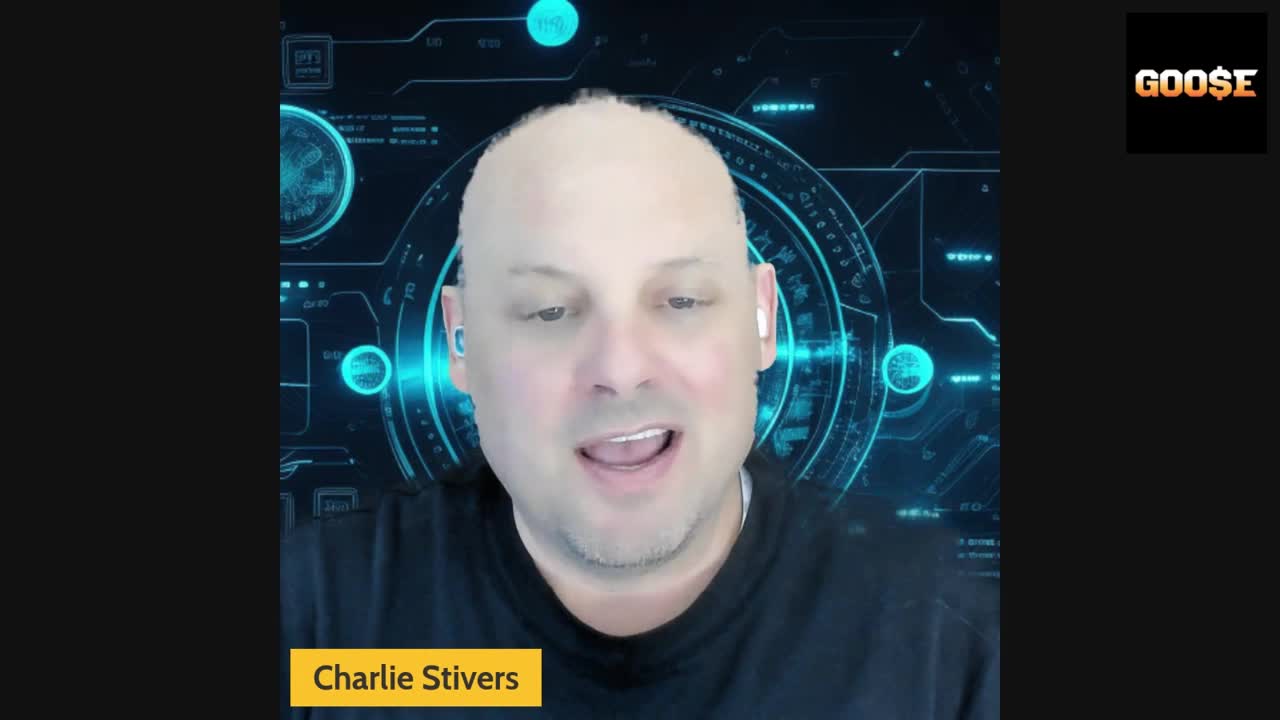
S2E14 - Why HODLing is Holding You Back: AI Auto Trading with Results
In this episode of GOOSE, we sit down with tech pioneer and AI trading visionary Ed Barsano, the founder of GoBabyTrade.com. With roots as one of Microsoft’s first 350 developers, and decades of experience in AI, Ed brings a rare blend of technical mastery and real-world trading insight. After retiring with millions from Microsoft stock only to lose 60% in the dot-com crash, he made a promise to never let the markets beat him again—sparking a 24-year mission to automate trading and put profits on autopilot.
We dive into Ed’s journey from early desktop software to today’s fully cloud-based autotrader for stocks and crypto, why major brokers like Ameritrade and E*TRADE came knocking for API access, and how GoBabyTrade consistently takes profits 24/7/365. It might be the solution to volatile markets you have been looking for. You’ll hear how his system thrives on volatility, challenges the HODL mentality, and helps thousands of users build 6- and 7-figure accounts. If you’ve ever wondered what true hands-free, AI-powered wealth generation looks like, this conversation delivers the goods—and maybe even a live demo.
https://gobabytrade.com/GooseMag
Use the link for a big discount and let Francene and Ed know you found them on GOOSE TV.
Francene Loomiller is happy to answer your questions: francene@bossfairy.com

S6 E28- The Magic of Crystals: Ignite the Healing Powers Within
#reikimaster #crystalhealing #crystals
Would you like to feel more grounded, clear, and connected—no matter what life throws your way? Crystals aren’t just pretty stones—they’re powerful allies. Ancient cultures knew it. Modern science is catching up. These natural wonders carry energetic codes that help you realign, release, and rise. Today’s Topic: Healing with Crystals Episode Title: The Magic of Crystals: Ignite the Healing Powers Within S6 E28 If you’ve been craving something real—something ancient, sacred, and vibrationally rich—this episode will crack you wide open. We are not just skimming the surface here. We’re tapping into the Earth, the stones, the sound, and the soul. Join me on The Wisdom Segment as I sit down with Jean Tindle—gifted teacher, ceremonialist, healer, and author. A true keeper of wisdom, Jean blends the mesa tradition of Peru with the transformative powers of crystal healing, sound medicine, and Reiki to help others unlock deep restoration and energetic clarity. She’s not just about teaching—she’s about activating. She’s not just a healer—she creates portals for profound change. In this episode, we are diving deep into: How Earth-based healing traditions can help you reclaim your power and purpose Why crystals and sound aren’t “woo”—they’re ancient tech for modern awakening What it means to hold ceremony in everyday life—and how to start If you’re done playing small, and you’re ready to experience what real energetic sovereignty feels like— Tune in. Tap in. Let’s go deep. Yet wait—there’s more! Get ready for HIGH-ENERGY DANCING to shake off the stress and RAISE your vibration. Feel the music, move your body, and leave this episode glowing from the inside out! And there’s even more waiting for you… On the Crystal Connection Segment – Learn about the crystals, minerals and elements within you and how they support and uplift your spiritual growth. On the Spirit Animal Segment – Receive guidance and inspiration from your spirit animal to support your path forward. On the Energy Clearing Segment – Experience a unique process to let go of negative energy and create space for light and positivity. Bonus: On the Activation Meditation Segment – Experience a powerful activation to align your energy, expand your joy, and boost your abundance and healing. This guided meditation helps you to calibrate and visualize the shift in your mindset and embrace greater clarity and balance. Tag a friend who’s ready to discover their inner power, dance their energy high, and SHINE ON! With love and light, I hold space for you to step into your healing awakening. Change Your Mindset, IGNITE Your ENERGY & SHINE ON! Watch Live - Download our e360tv App: Android: https://buff.ly/3BSyzzo iOS: https://buff.ly/2VmsGcl ![]() / @angelmarieinc #wellness #visualization #manifestation #manifesting #shineon #reikimaster #meditation #crystals #Healing #EnergizeUTV #IgniteYourEnergy #TransformYourLife #WellnessJourney #HealingJourney #energy #boostyourenergy #SpiritualGrowth #SpiritualAwakening #EnergyHealing #joy #crystalhealing #crystalgrid
/ @angelmarieinc #wellness #visualization #manifestation #manifesting #shineon #reikimaster #meditation #crystals #Healing #EnergizeUTV #IgniteYourEnergy #TransformYourLife #WellnessJourney #HealingJourney #energy #boostyourenergy #SpiritualGrowth #SpiritualAwakening #EnergyHealing #joy #crystalhealing #crystalgrid

SEASON 8 - EPISODE 7
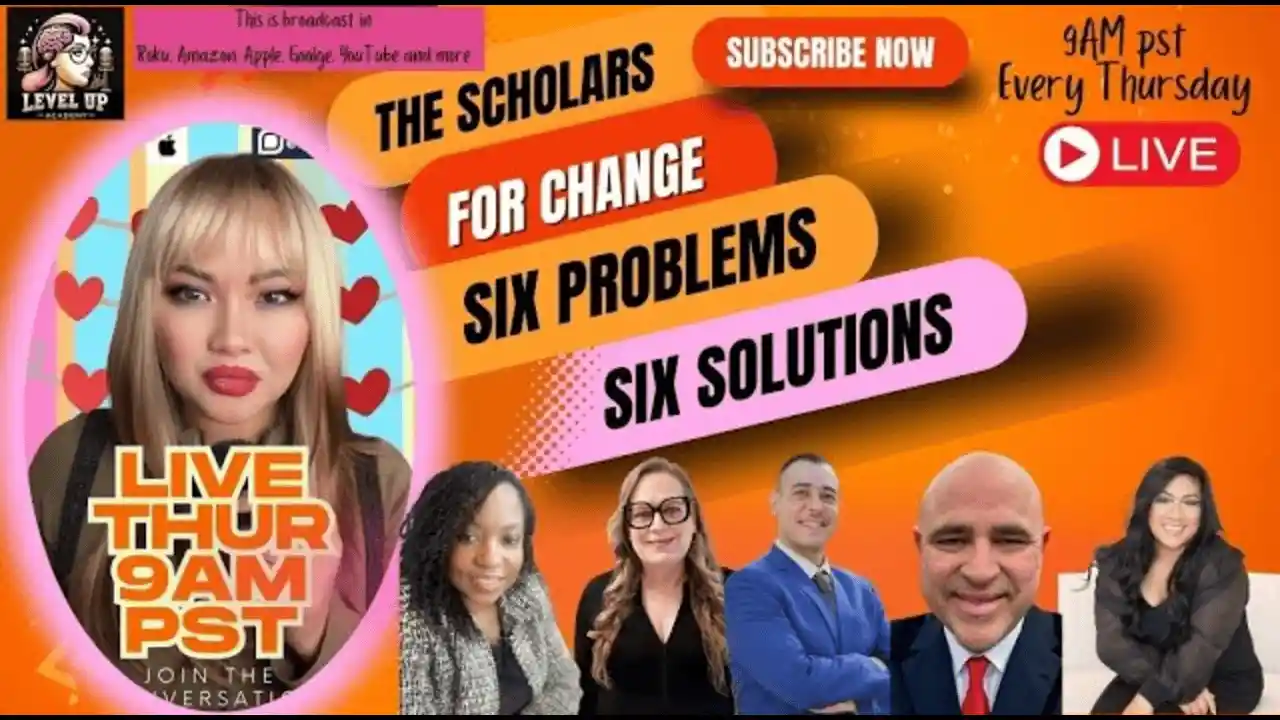
The Scholars for Change: Six Problems Six Solutions
Scholars for Change is a multidisciplinary academic conference dedicated to tackling six of today’s most urgent social challenges—each grounded in lived experience and addressed through evidence-based research. From gender equity in mentorship to neurodiversity, health access, youth mental health, inclusive innovation, and compassionate workplaces, this event showcases how scholarly inquiry can lead to real-world transformation. Through presentations rooted in theory, backed by data, and designed with empathy, each session will highlight not just the problems—but the solutions. Join us as we explore how research can be both rigorous and human-first, and how scholars can serve as catalysts for systemic change.

S4 E14 - Leading for Experimentation and Iteration
Leading for Experimentation and Iteration with Steve Kowalski S4 E14 https://www.madelynblair.com Summary: In this episode of Unlocked, host Madelyn Blair interviews Dr. Steven Kowalski about the significance of experimentation and iteration in driving business success. Dr. Kowalski breaks down the key differences and connections between the two concepts, using relatable examples like cooking and business models to illustrate their impact on innovation. He emphasizes the role of creativity as a potential rather than a fixed ability and shares insights into how leaders can foster environments that encourage experimentation. The conversation highlights the value of learning from both successes and failures in various contexts, from individual careers to organizational and community settings. Overview: In this episode you will: 1. Learn about the definitions and differences between experimentation and iteration, and how they apply to business innovation. 2. Discover how creativity is a potential that can be activated and leveraged for problem-solving and growth. 3. Explore real-world examples that showcase successful experimentation and iterative processes in business and community settings. 4. Gain insights into cultivating an experimental mindset within organizations and understanding the challenges that can arise from resisting these approaches. Guest introduction: Guest name is Dr. Steven Kowalski, a renowned organization development consultant, speaker, executive coach, and author of "Creative Together: Sparking Innovation in the New World of Work." With over 25 years of experience facilitating creativity among scientists, engineers, business leaders, and professionals, Dr. Kowalski has helped deliver bold, scalable, and sustainable solutions through his Creative License Consulting Services. As the author of over 100 workplace learning programs, he is dedicated to unlocking the creative potential in individuals and teams. Learn more about his work and approach at stevenkowalski.com. Timstamps 00:00 Introduction to Experimentation and Iteration 03:49 Introducing Dr. Steven Kowalski 05:32 Understanding Creativity as a Potential 07:54 Experimentation vs. Iteration in Business 10:11 Real-World Examples of Experimentation 17:06 Challenges and Mindset in Experimentation 22:40 Experimentation in Communities 29:16 The Qualities of an Effective Leader 29:41 Building Shared Purpose and Trust 31:32 The Melting Ice Cube Analogy 32:19 Collaborating Across Functional Boundaries 36:04 Challenges in Leading Experimentation 37:40 The Iterative Nature of Leadership 42:16 Designing Effective Experiments 48:17 Applying Iteration in Everyday Life 49:28 Frank Lloyd Wright's Iterative Design 53:06 Encouraging Small Changes for Big Impact 54:43 Conclusion and Final Thoughts


